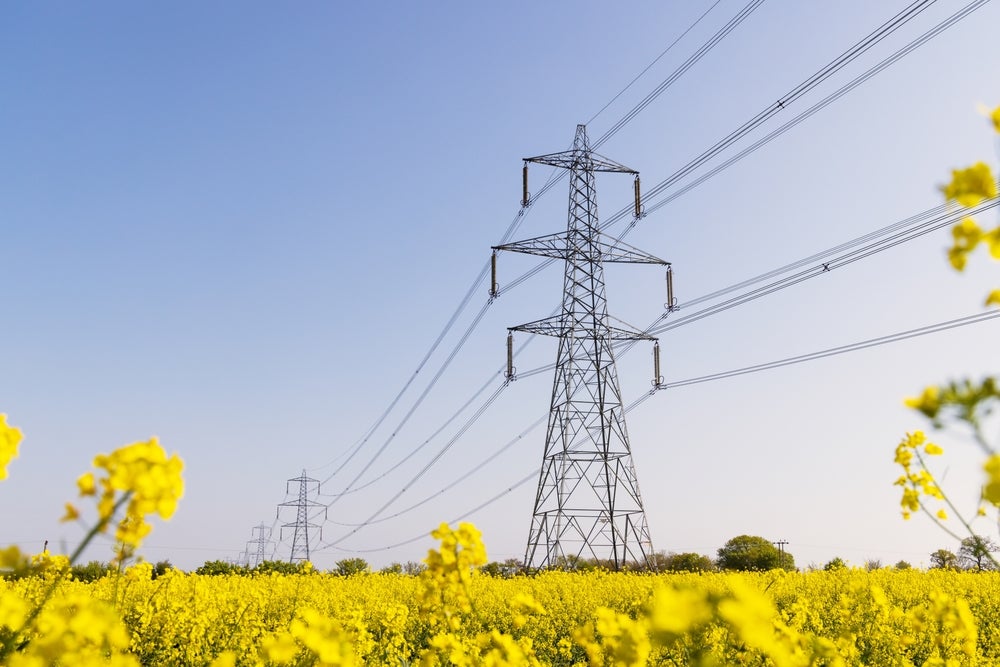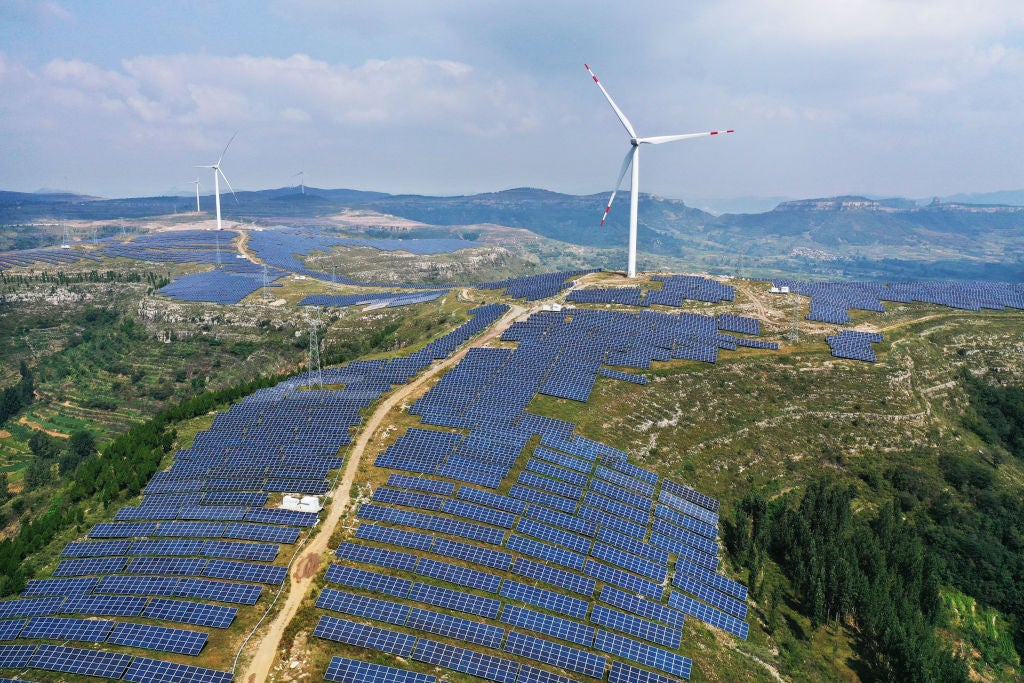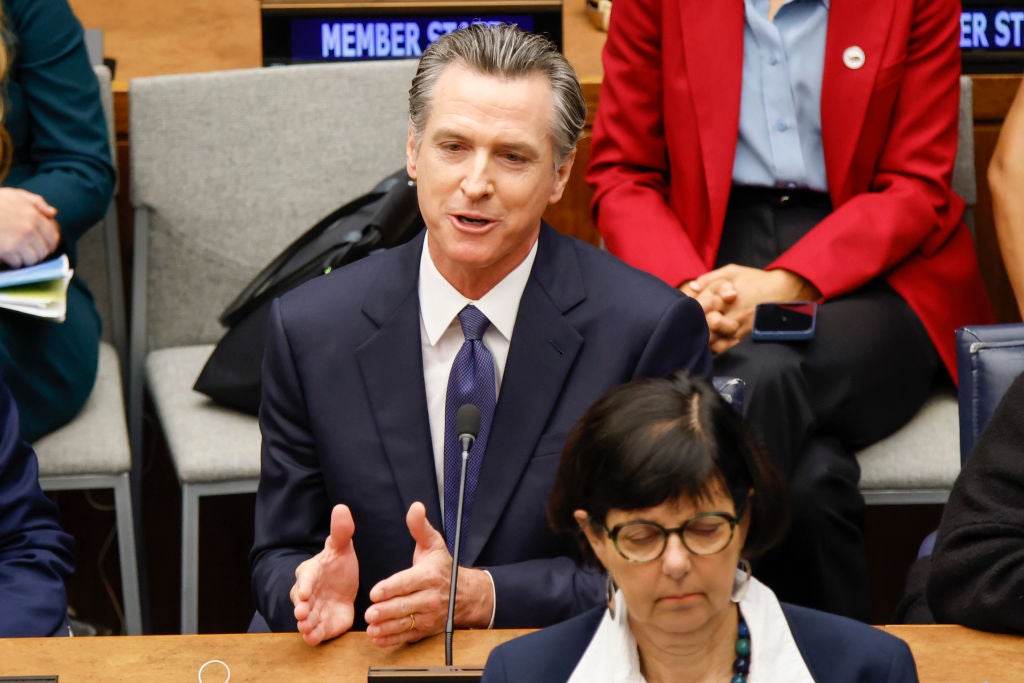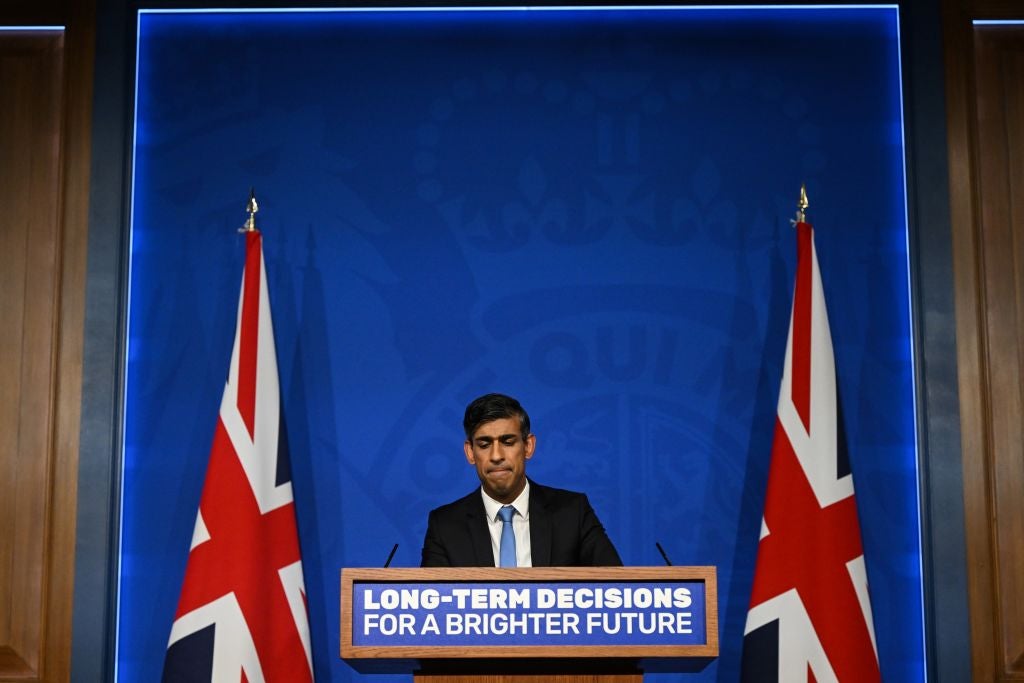A new report from the UK's National Infrastructure Commission (NIC) due on 18 October is likely to echo concerns laid out by the UK's Climate Change Committee (CCC) in June about the country's lagging commitment to reducing net-zero greenhouse emissions.
Senior policy advisor to the NIC Andrew Jones told the London Climate Technology Show on Wednesday he could not divulge any specific information on what the report will contain but said its recommendations “won’t be 1,000 miles away” from the advice issued in June by independent government watchdog the CCC.
Specifically, the NIC’s report is likely to echo CCC concerns over the uneven coverage of electric vehicle (EV) chargers in the UK. In London and Scotland, charging capacity per capita far outweighs the rest of the country, with Northern Ireland falling farthest behind.
The assessment could also touch on CCC findings that plug-in hybrid vehicles do not deliver the real-world results that were anticipated when they came to market some years ago. It might also recommend that while the government’s zero-emission vehicle (ZEV) mandate, which sets out the pathway to 100% EV sales by 2035, is “credible”, the UK must not fail to properly regulate the sales of internal combustion engine and hybrid vehicles over the next 12 years.
The UK Government must also be “more proactive” in monitoring the national transition to EVs, Jones warned. He added that the UK is now “painfully aware” that effective long-term decision-making depends on political consensus, a reference to UK Prime Minister Rishi Sunak’s U-turn last week on the 2030 deadline for the phase-out of combustion engine cars, a move widely criticised across the political spectrum.
The original phase-out target, which stated that all new vehicles sold in the UK must be electric from 2030, was initially recommended by the NIC five years ago in a first National Infrastructure Assessment. These reports are published every five years and set out recommendations to the government on policy and funding relating to infrastructure needs over the next 30 years.
More generally, the UK must “considerably ramp up the size of [its] grid” to ensure sufficient capacity is available for the electrification of key sectors for net zero, Jones added.














